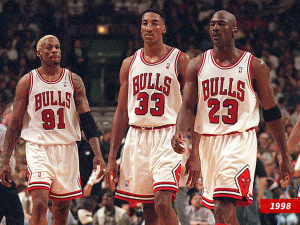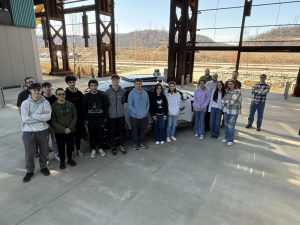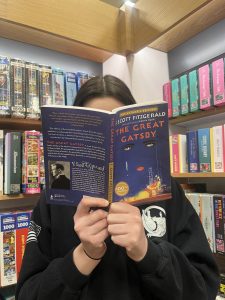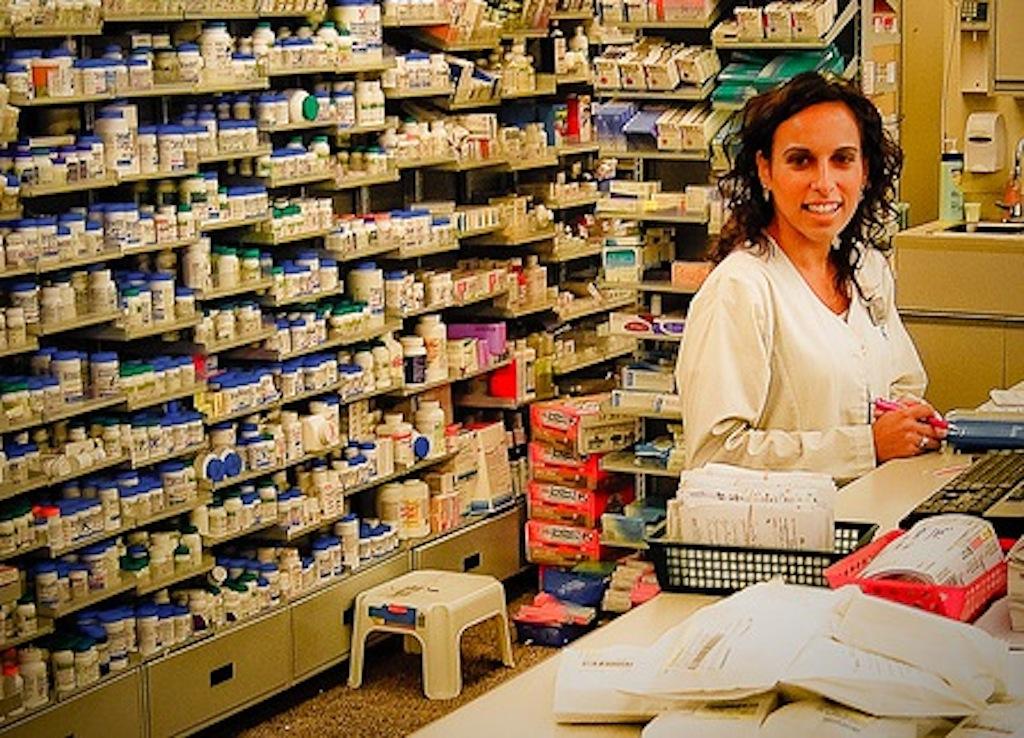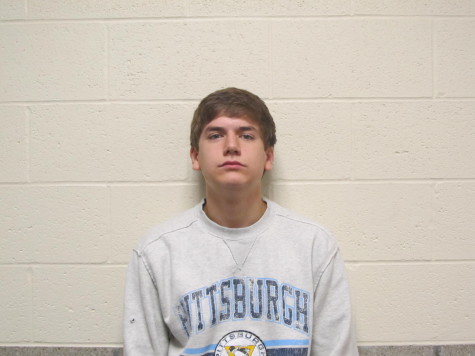Arriving at the high school eighth period on Friday, Nov. 8 was Mrs. Donna Matty. Mrs. Matty came to the high school to talk to students about pharmacy as a speaker for the Career Spotlight Series.
Mrs. Matty is equipped with years of experience, as she has worked in retail and pharmaceutical sales.
Freshmen, sophomores, juniors, and seniors were scattered throughout the room.
Mrs. Matty toke an interactive approach. She enticed students to participate with an assortment of snacks and candy.
Her presentation consisted of the steps to becoming a pharmacist and the detail of working in the industry.
Schooling, residencies, job description, benefits, downfalls, and the evolution of pharmacy were highlighted. Mrs. Matty also talked about the importance of pharmacy technicians.
Mrs. Matty graduated from the University of Pittsburgh with a doctoral degree in pharmacy. She also received a partial scholarship.
Mrs. Matty began her presentation with the talk of pharmacy school.
“It’s very competitive to get into pharmacy school,” she said. “Now you need six years to really get a handle on the medications out there.”
When Mrs. Matty got out of school, jobs were dismal.
Mrs. Matty said, “Pharmacy is a cyclical type of profession. When I graduated there were not a lot of jobs. If you wanted a job, you had to move from Pittsburgh to Florida. Walgreens was a big chain at the time.”
Not too long ago, many retail chains were scooping up grads fresh out of college. Now the field is starting to look bleak. Even though Pittsburgh is a cornerstone for pharmacy, schools are pumping out too many grads. Pittsburgh has two pharmacy schools, Pitt and Duquesne.
High school graduates were entering the field in hopes of a bright future. Graduates entered the field thinking a trend would form with the baby boomers.
One, the baby boomers would be retiring. And, two, the baby boomers would need meds, and lots of them.
Graduates noticed something much different.
Mrs. Matty said, “With the opening of many pharmacy schools in the area, the profession is becoming saturated. Pitt and Duquesne have a pharmacy school. Now, Lecom University. On the other side of the state, Jefferson [University] and Temple have pharmacy schools.”
There are two versions of pharmacy school. You can either enter pharmacy school straight out of high school or you can enter it after two years of undergrad.
Mrs. Matty said, “You can go directly into pharmacy school. Ohio Northern is the only school in the area where you get a direct admission from high school into pharmacy school. Otherwise, it’s a 2-4 program where you go two years for undergrad then take a pharmacy-driven aptitude test. Then, you go onto your four years of pharmacy school.”
With pharmacists being able to administer flu shots and other immunization shots, the profession has transformed. After college, a new trend is forming.
Graduates are starting to go into clinical and hospital pharmacy; graduates are also gaining residencies in different types of pharmacy to gain an edge in the market.
“Today, there is more clinical experience,” Mrs. Matty said. “You now have to have an immunization license to practice pharmacy. Which makes senses, because you learn more about the disease states in clinical pharmacy. Also, graduates enter residencies like nuclear or pediatric pharmacy.”
Upon graduation, pharmacists can enter an array of fields. Retail, clinical, and pharmaceutical are the main industries. If pharmacists are artistically inclined, then they can enter into the technical writing field.
Retail includes working for chains such as Giant Eagle, CVS, Walgreens, Target, etc. Retail includes a lot of counting pills, checking insurance, calling doctors, dealing with customers, long hours, and being on your feet for most of the day.
Pharmacy technicians are critical in the field of pharmacy. Mrs. Matty explained that pharmacy technicians usually have two-year degrees, and sometimes they are even trained on-the-job for free.
Pharmacy technicians can do anything a pharmacist can do.
Mrs. Matty said, “At the end of the day, the pharmacist has to double-check anything that goes out of the pharmacy. They are responsible for the final product. Every time they send something out they are putting their license on the line. They have a lot of responsibility. That’s probably why their salary is nice.”
Mrs. Matty explained that pharmacists can make upwards to $120,000 depending on where they live. Pharmacists’ salary are almost always in the six-figures.
While explaining retail, Mrs. Matty used an interactive activity. Three students went up to compete. They counted out one hundred M&Ms that acted as mock pills. She gave the three volunteers gift cards.
Mrs. Matty has experience in pharmaceutical sales, retail, and technical writing. Matty is currently a “freelance” pharmacist and is a technical writer in the field of pharmacy.
Mrs. Matty is currently in the process of writing a narcotic piece for a technical magazine.
She explained that helping customers is the main benefit involved with pursing the field of pharmacy. A downfall would be the long hours, usually 10+ hours a day.
At the end of the presentation, Bethel students thanked Mrs. Matty for her time. Her presentation neatly sums up what pharmacy is all about.
